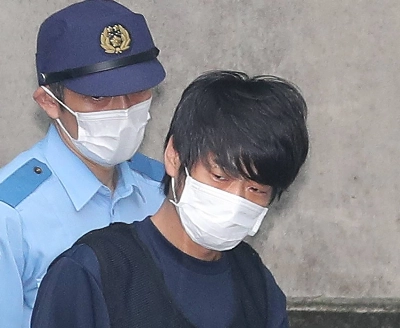One salient feature of Sunday's Upper House election is that voters displayed a delicate sense of balance, just as they have before in national elections. In effect, they sharply rebuked Prime Minister Junichiro Koizumi for making light of public opinion, but stopped short of punishing him so severely that he would be forced to resign. They will likely respond differently in the next general election, depending on how Mr. Koizumi's reform initiatives progress.
The LDP suffered a defeat in the sense that it failed to achieve its modest target of winning the same number of seats that it held before the vote. But the party leadership took this in stride and agreed that Mr. Koizumi should stay on. The coalition with New Komeito will continue, too. The key word among LDP officials is stability. The truth is that the party lacks vitality and has few members powerful enough to rival Mr. Koizumi.
It is true that Mr. Koizumi's leadership is slipping. Come a September reshuffle of the Cabinet and key party posts, the maverick who values top-to-bottom leadership may have to heed the party's demand that he strike a factional balance. A revival of factional influences may well be the price he has to pay to stay in office.

















With your current subscription plan you can comment on stories. However, before writing your first comment, please create a display name in the Profile section of your subscriber account page.